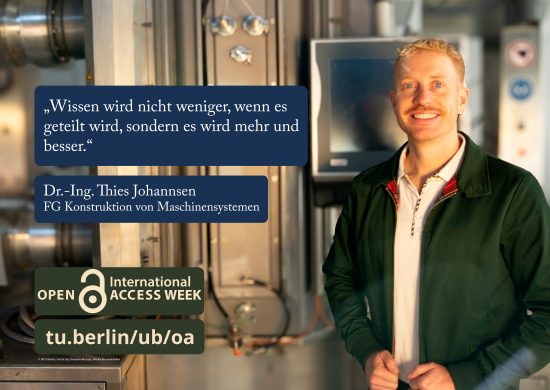
Im Rahmen der im September stattgefunden Open-Access-Tage in Konstanz war das Thema „Konsortiale Finanzierung von Diamond Open Access“ an vielen Stellen im Programm präsent. Die TIB unterstützt die Entwicklung solcher Modelle mit Angeboten wie KOALA und dem Diamond Funding Navigator. Aus diesem Grund möchten wir unsere Takeaways von den Open-Access-Tagen 2025 zu diesem Thema hier teilen.






